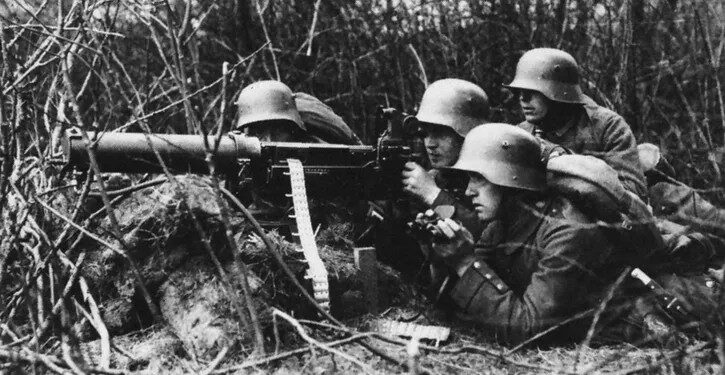On July 28, 1914, Austria-Hungary declared war on Serbia, setting in motion a chain of events that would lead to the outbreak of World War I, one of the deadliest conflicts in human history, this fateful day marked the culmination of longstanding tensions and the beginning of a global conflagration that would reshape the world.
The immediate trigger for the war was the assassination of Archduke Franz Ferdinand, heir to the Austro-Hungarian throne, and his wife Sophie in Sarajevo on June 28, 1914. The assassin, Gavrilo Princip, was a Bosnian Serb nationalist seeking to liberate South Slavic territories from Austro-Hungarian rule. This act of violence provided Austria-Hungary with the pretext it had been seeking to confront Serbia, which it viewed as a threat to its multi-ethnic empire.
In the month following the assassination, diplomatic efforts to defuse the crisis proved futile. Austria-Hungary, emboldened by support from its powerful ally Germany, issued an ultimatum to Serbia on July 23. The demands were intentionally harsh, designed to be rejected and pave the way for military action. Serbia, backed by Russia, accepted most but not all of the terms.
Unsatisfied with Serbia’s response, Austria-Hungary severed diplomatic ties and mobilized its forces. On July 28, Emperor Franz Joseph signed the declaration of war, and Austro-Hungarian artillery began shelling Belgrade the next day.
The conflict quickly spiralled out of control as the intricate web of European alliances came into play. Russia, honoring its commitment to Serbia, began mobilizing its troops. Germany, allied with Austria-Hungary, saw Russian mobilization as a threat and declared war on Russia on August 1. France, bound by a treaty with Russia, found itself at war with Germany and Austria-Hungary. The German invasion of neutral Belgium on August 4 brought Britain into the conflict.
Within a week of Austria-Hungary’s declaration of war on Serbia, most of Europe’s major powers were embroiled in what would become known as the Great War. The conflict would last four years, claim millions of lives, topple empires, and redraw the map of Europe and beyond.
The events of July 28, 1914, serve as a stark reminder of how quickly regional disputes can escalate into global conflicts, especially in a world of interconnected alliances and competing national interests. The date marks not just the beginning of World War I, but also the end of the old European order and the dawn of the modern era.
newshub



Recent Comments